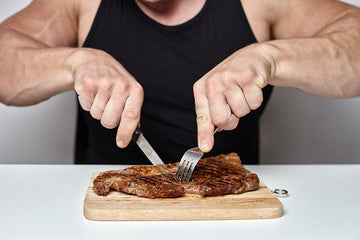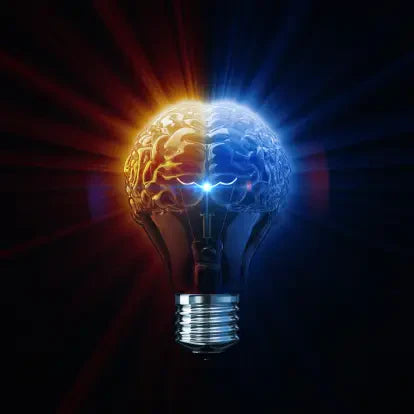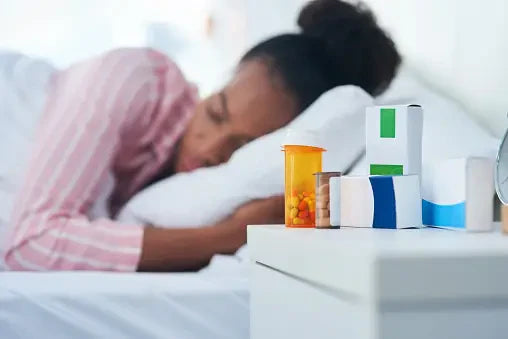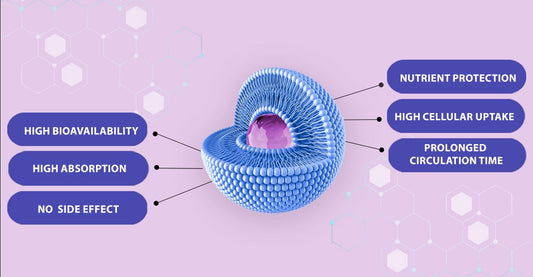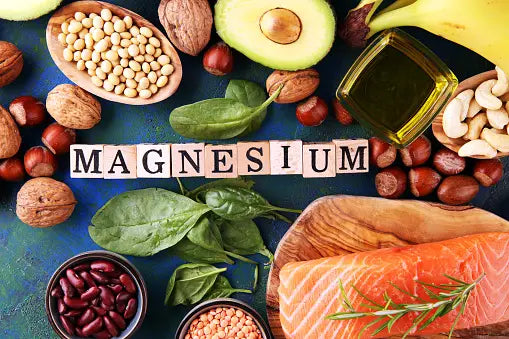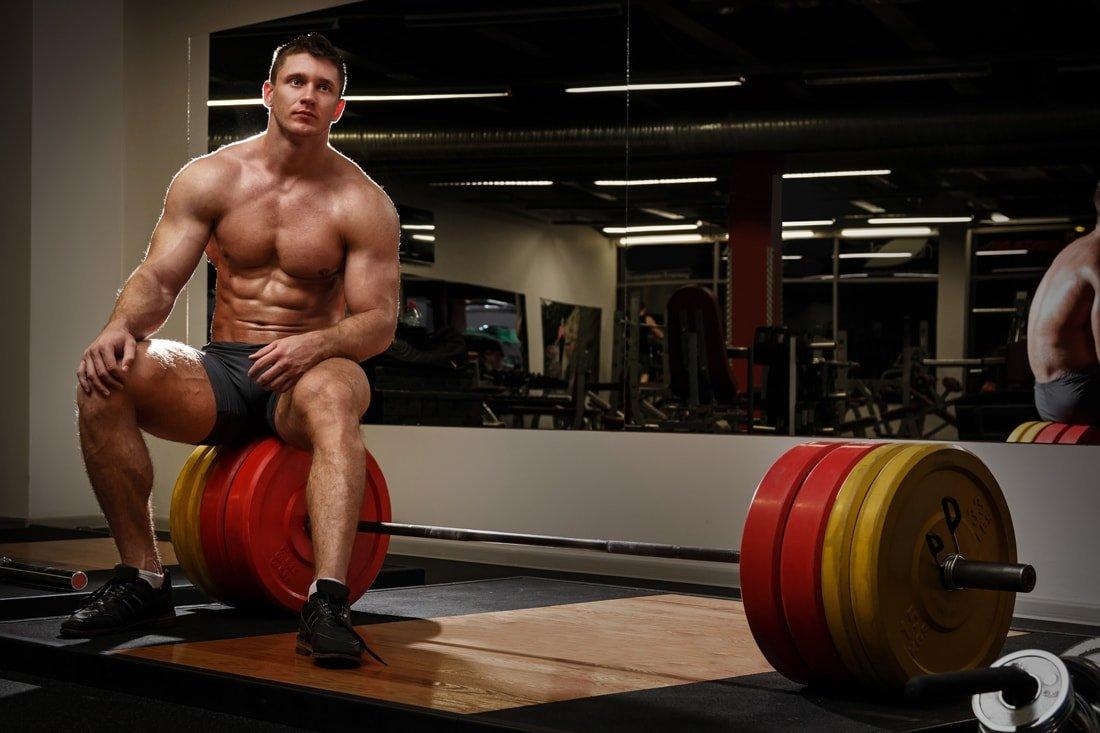

Biggest Fitness Mistakes...and how to avoid them!
Table of Contents
So just about every article you read talks about increasing your testosterone. It’s been well established that testosterone is increased by intense resistance exercise and winning also seems to jack up your testosterone, but this is the ant-testosterone article. This article is going to show you how to make your testosterone levels plummet to that of a girl scout!!! It’s not a surprise, but as a whole, our testosterone levels are dropping. Studies have shown the average man’s testosterone in today’s society is nearly 25 percent lower than in the 1980s. Without adequate testosterone, men become infertile, impotent, docile and weak. Here are the things that have been scientifically proven to drive your testosterone levels into the ground!
MISTAKE
Eat a lot of Simple Sugar– Table sugar is made of glucose and fructose while fructose is also commonly used in sweetened beverages, syrups, and low-fat food products. Estimates suggest North Americans consume 33 kg of refined sugar and an additional 20 kg of high fructose corn syrup per person per year. Eating too much fructose and glucose can turn off the gene that regulates the levels of active testosterone and estrogen in the body. This was reported in the Journal of Clinical Investigation. This discovery reinforces public health advice to eat complex carbohydrates and avoid sugar. Glucose and fructose are metabolized in the liver. When there’s too much sugar in the diet, the liver converts it to lipid. Using a mouse model and human liver cell cultures, the scientists discovered that the increased production of lipid shut down a gene called SHBG (sex hormone binding globulin), reducing the amount of SHBG protein in the blood. SHBG protein plays a crucial role in controlling the amount of testosterone and estrogen that’s available throughout the body. Past research shows that a high level of insulin, the hormone primarily secreted after eating, is related to low testosterone levels. Like eating, glucose intake causes blood glucose (sugar) levels to rise, which stimulates secretion of insulin. Researchers examined the impact of a standard dose of simple glucose on testosterone levels in 74 men. The authors found that the glucose solution decreased blood levels of testosterone by as much as 25 percent. Two hours after glucose administration, the testosterone level remained much lower than before the test in 73 of the 74 men, a statistically significant difference, the authors reported. Of the 66 men who had normal testosterone levels before the test, 10 (15 percent) became hypogonadal at one or more time points during the test. The results suggest that consuming simple sugars can have a detrimental impact on testosterone levels.
MISTAKE
Don’t Sleep More than Four Hours– Plasma testosterone levels display circadian variation, peaking during sleep, and reaching a nadir in the late afternoon, with a superimposed ultradian rhythm with pulses every 90 min reflecting the underlying rhythm of pulsatile luteinizing hormone (LH) secretion. The increase in testosterone is sleep, rather than circadian rhythm, dependent and requires, at least, three hours of sleep with a normal architecture. Various disorders of sleep including abnormalities of sleep quality, duration, circadian rhythm disruption, and sleep-disordered breathing may result in a reduction in testosterone levels. The evidence, to support a direct effect of sleep restriction or circadian rhythm disruption on testosterone independent of an effect on sex hormone binding globulin (SHBG), or the presence of comorbid conditions, is equivocal and on balance seems tenuous. One cross-sectional study examined the different associations of age and sleep duration with sex steroid hormones and sexual activities in 531 Asian Chinese men aged between 29 and 72 years old. Sleep duration and sexual activities were evaluated through a self-administered questionnaire, and total testosterone (T), sex hormone-binding globulin (SHBG), estradiol (E2), and dehydroepiandrosterone sulfate (DHEAS) were measured by established immunoassay methods in a single blood sample collected between 8:00 and 11:00 am.
Age was a major determinant of sleep, sex steroid hormones, and sexual activities in men. Bioavailable testosterone, DHEAS, coital frequency, masturbation, and sleep duration declined with age. On the other hand, SHBG and estrogen increased with age. Sleep duration, independently of age, aerobic exercise, and body fat, was positively associated with testosterone and bioavailable testosterone, but not with DHEAS, estrogen, or any of the sexual activities studied. Men who masturbated had higher levels of both testosterone and bioavailable testosterone. DHEAS was significantly associated with coital frequency and desire for sex. The present study showed that besides age, sleep duration was related to androgen concentrations in men, and thus the evaluation of sleep hygiene may be beneficial in the management of men with low androgen concentrations. Another study examined 531 healthy men as testosterone levels among subjects, and they examined how the amount of sleep correlated with their testosterone level. The results again show that the men who slept more also had significantly higher testosterone levels. In fact, the guys who slept for 4 hours had about 60% less testosterone in their serum, than the men who slept for 8 hours sleeping and male testosterone levels In another study, Twelve healthy men ages 64 to 74 years were examined. Three-morning blood samples were pooled for the measurement of total and free testosterone. The main outcome measures were total sleep time and morning testosterone levels. Sleep time in the laboratory was correlated with the usual amount of nighttime sleep at home. The researchers reported that the amount of nighttime sleep measured was an independent predictor of the morning total and free testosterone levels of the subjects. The differences in the measured amount of nighttime sleep are associated with a significant part of the variability in the morning testosterone levels of healthy older men.
MISTAKE
Become a Vegan- Most vegetarians (and vegans especially) must have lower testosterone levels than their meat-eating counterparts. There are some reasons why meat eaters may have more testosterone such as meat is full of saturated fat and the research shows that saturated fat is pro-testosterone. Testosterone is produced from the precursor cholesterol and meat has cholesterol, which may help facilitate more testosterone production. For example, a 1979 study evaluated switching eleven men from a low fat (25% of calories) vegetarian diet to a higher fat (40% of calories) western diet. (Both diets provided the same calories per day.) T-levels were an average of 401 on the vegetarian diet and 581 on the western diet. That’s a 30+% reduction in testosterone when placed on a vegan diet. It also matters what type of fats you consume. Some general advice would be total fat greater than at least 35% (40-50% is better). Saturated fat (SFA) monounsaturated fats such as those in olive oil and avocados boost testosterone. Polyunsaturated fats (PUFA) such as corn, sunflower, and safflower oils, decrease testosterone. The ratio of PUFA/SFA is critical. You want this ratio less than 1.0 and ideally less than 0.5 to increase your testosterone. Vegetarian and vegan diets are higher fiber, which also has been linked to low testosterone. The high fiber in diets is thought to reduce cholesterol and increased SHBG (Sex Hormone-Binding Globulin) levels. SHBG is the protein that does chemically bonds to most of the testosterone in your body.
MISTAKE
Become Psychologically Stressed Out- LOSE: High levels of the stress hormone cortisol play a critical role in blocking testosterone’s actions. Losing a game or match is associated with increased cortisol levels. Researchers measured hormone levels of saliva samples provided by 57 subjects. The respondents participated in a one-on-one competition and were given the opportunity to compete again after winning or losing. Among those who lost, 100 percent of the subjects with high testosterone and low cortisol requested a rematch to recapture their lost status. However, 100 percent of participants with high testosterone and high cortisol declined to compete again. All subjects who declined a rematch experienced a significant drop in testosterone after defeat, which may help to explain their unwillingness to compete again. According to research, chronically elevated cortisol levels can produce impotence and loss of libido by inhibiting testosterone production in men. Depression is also associated with low testosterone. One study found that the cortisol levels of the depressed individuals were 68% higher than those without depression. That same study found that testosterone, both nighttime and 24-hour, was significantly lower in these individuals and was negatively correlated with cortisol levels.
MISTAKE
Run a Marathon- Marathon runners often suffer from suppressed testosterone levels sue to the fact that running is associated with increases in cortisol and high cortisol levels and testosterone can’t co-exist together. Previous pharmacological and pathological studies have reported negative relationships between circulating testosterone and certain stress hormones (i.e., cortisol and prolactin) in humans. These relationships have subsequently been used in hypotheses explaining the subclinical resting testosterone levels often found in some endurance-trained males, but as of yet no one has specifically examined these relationships as they relate to exercise. Researchers examined the relationship between total and free testosterone levels and cortisol, and between total and free testosterone and prolactin following prolonged endurance exercise in trained males. Twenty-two endurance-trained males volunteered to run at 100% of their ventilatory threshold on a treadmill until volitional fatigue. Blood samples were taken at pre-exercise baseline; volitional fatigue; 30 min, 60 min, and 90 min into recovery; and at 24 h post-baseline. At 90 minutes after the run, neither cortisol nor prolactin was significantly different from their baseline values, but total and free testosterones were reduced significantly from baseline. Cortisol, total testosterone, and free testosterone at 24 h were significantly lower than their respective baseline levels. Negative relationships existed between peak cortisol response versus total. There were no significant relationships between prolactin and total or free testosterone. In conclusion, the present findings give credence to the hypothesis suggesting a linkage between the low resting testosterone found in endurance-trained runners and stress hormones, with respect to cortisol.
MISTAKE
Drink Lots of Alcohol- Research has demonstrated that both acute and chronic alcohol exposure are associated with lowered testosterone levels suggesting that alcohol inhibits testosterone secretion. A three-week study that had men and consume 30-40 g alcohol per day showed a 6.8% reduction in testosterone for the men. For those that are a little more hardcore drinkers or in a frat club, ~120 g alcohol, the equivalent of 10 beers, will lower testosterone by 23% for up to 16 hours after the drinking binge. Another study looked at exhaustive endurance training followed by post-workout alcohol intakes in the 120 g range (1.5 g/kg) and saw significant suppression of testosterone that carried over to the next day. Beer seems to be the biggest offender for suppressing testosterone levels. Beer contains the ingredient hops. The hops in beer are so estrogenic; they are currently being studied as a treatment for hot flashes in menopausal women. Long ago German beer makers made the startling discovery that the women who harvested hops experienced earlier menstrual periods. At the same times, male brewers who handled hops suffered from the “brewer’s droop,” a sort of sexual dysfunction caused by being exposed to high levels of phytoestrogens. Hops contain a substance called 8-prenylnaringenin which acts as a phytoestrogen, mimicking the effects of natural estrogen in the body. The reason for all of this is now known: hops is one of the most powerful phytoestrogens (plant-based estrogens) in the world. Today, hops are far and away the most used plant-based estrogen, primarily being consumed through beer.



